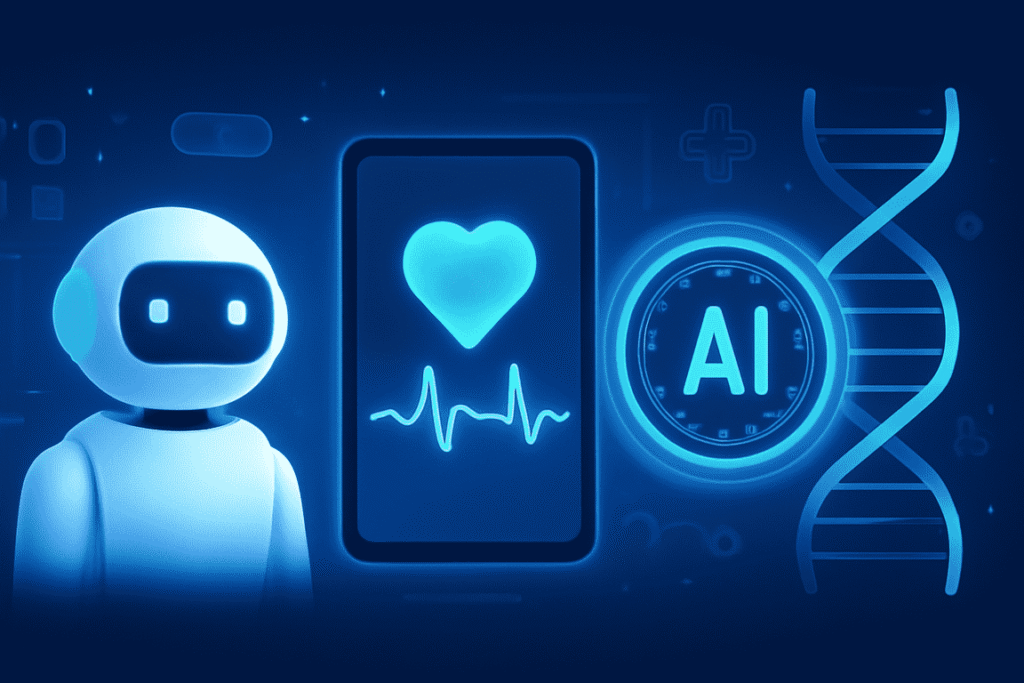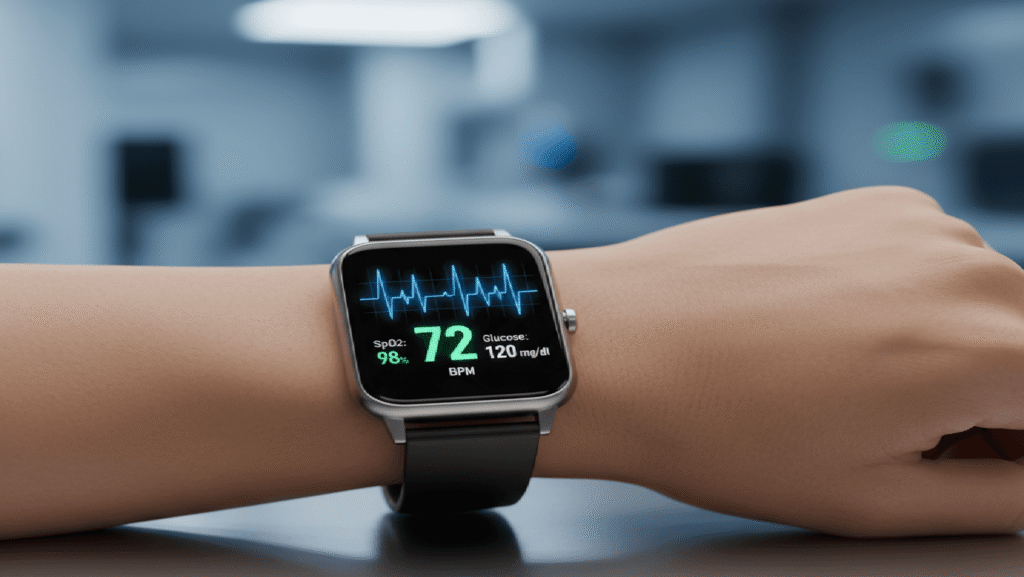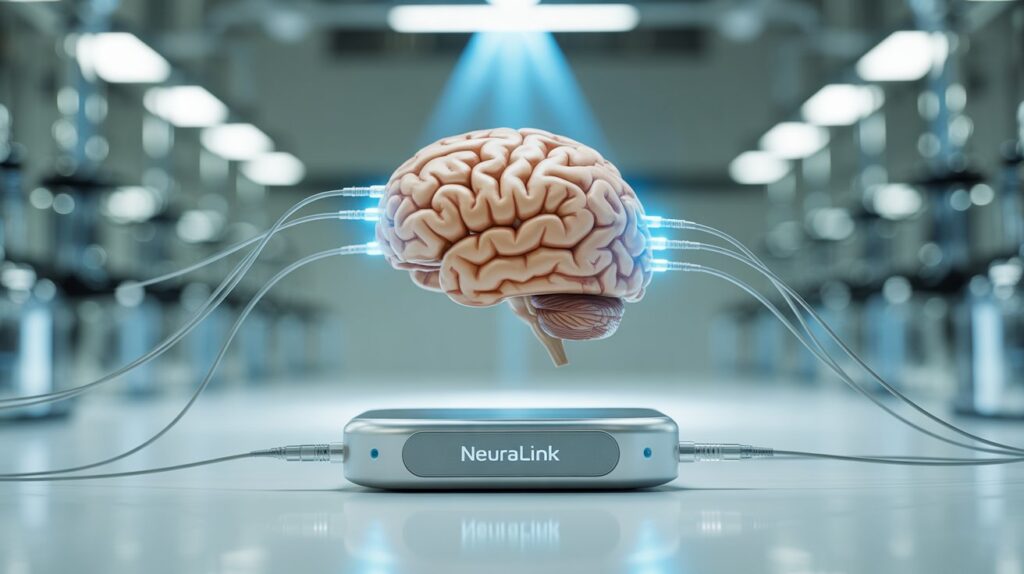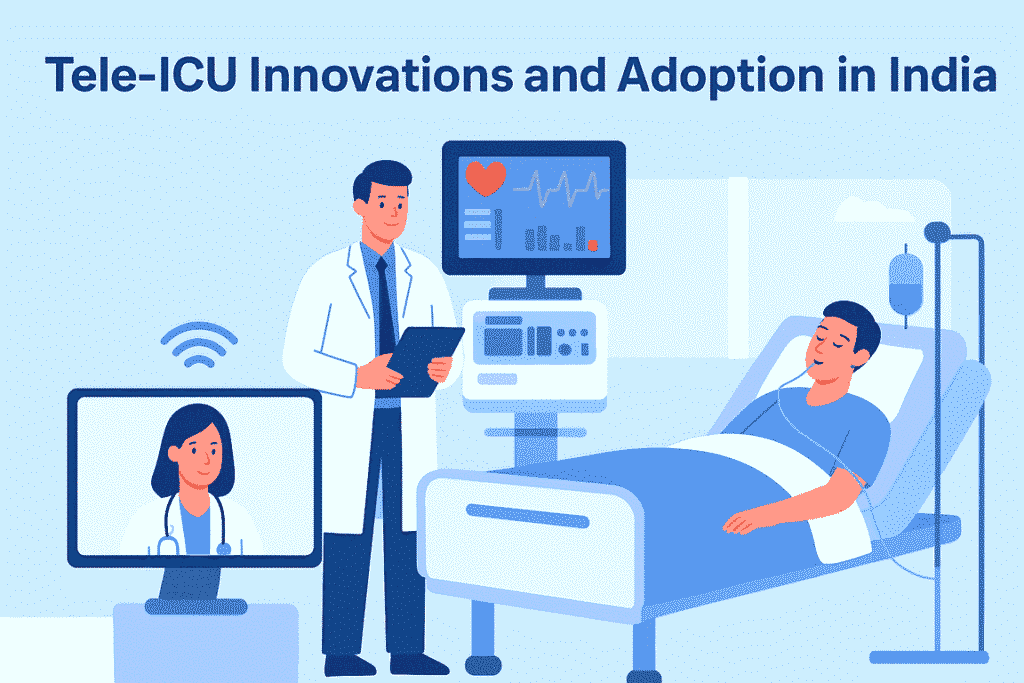Introduction
Artificial intelligence is rapidly reshaping healthcare, and at the forefront is MedGemma—Google’s latest open-source AI suite designed specifically for medicine. With the unique ability to understand medical text and images, MedGemma empowers hospitals, startups, and researchers to analyze complex clinical data, augment care delivery, and maintain transparency and privacy.
This article explores MedGemma’s features, medical applications, implementation strategies, and how it’s paving the way for a smarter, more equitable healthcare future.
🔍 What Is MedGemma?
MedGemma is a family of open-source generative AI models by Google and DeepMind, optimized for medical image and text understanding. MedSigLIP Encoder is a specialized encoder that powers visual understanding capabilities of multimodal MedGemma Models.
- MedGemma 4B Multimodal: Combines a medically trained image encoder with a language model for integrated analysis of clinical images and text.
- MedGemma 27B Text & Multimodal: Larger and more powerful, capable of advanced clinical reasoning and interpreting rich electronic health records.
MedGemma’s open access ensures healthcare providers can customize, validate, and deploy models locally or on cloud platforms, bringing AI capabilities to diverse settings.

🏥 Key Use Cases
Medical Image Interpretation
MedGemma generates preliminary reports for radiology, pathology, dermatology, and ophthalmology images, accelerating diagnostics without sacrificing accuracy.
Clinical Reasoning & Text Comprehension
It answers complex clinical questions, summarizes electronic health records, and supports triage and treatment decision workflows.
Workflow Automation
MedGemma helps automate documentation, information retrieval, and patient intake, allowing clinicians to focus on patient care.
🧠 Example Use Case: Brain MRI Scan Analysis with MedGemma

MedGemma identified a large, enhancing mass in the left temporal lobe. Here’s the model’s detailed diagnostic breakdown:
Prompt: You are an expert radiologist. Analyze this image, identify the modality and suggest diagnosis.
Reply: Based on the image provided, the modality is Magnetic Resonance Imaging (MRI).
- Location: The mass is located in the left temporal lobe, evident from visible anatomical landmarks.
- Appearance: The mass features a large, fluid-filled area with bright signal intensity on T2-weighted images, suggesting a cystic or fluid-filled component.
- Enhancement: Significant contrast enhancement indicates increased blood flow to the region, a common feature of many brain tumors.
- Surrounding Tissue: The adjacent brain tissue appears relatively normal, with possible edema (swelling) around the mass.
Possible Differential Diagnoses:
- Brain Abscess: A collection of pus within brain tissue.
- Cerebral Cyst: A fluid-filled sac within the brain.
- Tumor: Primary or metastatic brain tumors exhibiting these characteristics.
- Epidermoid Cyst: A benign, slow-growing tumor containing keratin.
Further Evaluation:
Additional diagnostic workup is necessary to confirm the specific lesion type and inform treatment.
This example highlights MedGemma’s ability to provide nuanced, clinically relevant interpretations for complex neurological imaging, supporting accurate and timely diagnosis.
Access MedGemma specialized multimodal dataset and notebook here
✅ Benefits for Healthcare Providers and Patients
- Transparency: Open-source code empowers hospitals with full control and auditability.
- Customization: Easily fine-tuned for specific diseases, languages, or regional populations.
- Cost-Effective: Runs on moderate hardware and cloud platforms, enabling broader adoption.
- Global Reach: Strong multilingual support advances healthcare equity worldwide.
🌍 Real-World Impact
- US pilot hospitals found MedGemma’s chest X-ray reports comparable in quality to board-certified radiologists.
- Hospitals in India and Taiwan leverage MedGemma for improved multilingual patient record management.
- MedTech startups praise MedGemma’s flexibility and privacy-first deployability, boosting innovation.
⚠️ Challenges, Limitations & Ethical Considerations
- Validation Required: MedGemma requires careful customization and clinical validation before production use.
- Privacy Compliance: End users must implement strict protocols to safeguard patient data.
- Ethical Oversight: Monitoring for bias and interpretability is essential to ensure safe AI-assisted care.
- Collaborative Role: MedGemma is an augmentation tool, not a replacement for human clinical judgment.
🔮 The Future of MedGemma
- Deepening integration with electronic health records and telemedicine systems.
- Expanding support for diverse languages and healthcare settings worldwide.
- Incorporating MedGemma into AI-powered clinical assistants to enhance decision support.
🚀 How to Implement MedGemma
- Download: Access models from Hugging Face or Google Cloud.
- Experiment: Use prompt engineering and initial inference for quick prototyping.
- Fine-Tune: Adapt MedGemma with your local clinical data to improve accuracy.
- Integrate: Connect with EHRs, imaging systems, or telehealth platforms.
- Validate & Monitor: Establish continuous oversight for quality, bias, and safety.
Conclusion
MedGemma is a breakthrough in open health AI, empowering a new generation of data-driven, privacy-conscious, and equitable medical tools. By combining powerful multimodal capabilities with transparent access and adaptability, it promises to redefine diagnostic support and clinical workflows worldwide.
Healthcare innovators, researchers, and clinicians now have a foundation to build smarter solutions, paving the way for more personalized, efficient, and accessible care.
📚 Further Reading & Resources
As open health AI matures, models like MedGemma are laying the groundwork for a connected future where multimodal reasoning powers everything from bedside support to biomedical discovery. For a deeper look at how AI is accelerating molecule discovery, target identification, and clinical translation, and how similar techniques are reshaping antigen design, epitope prediction, and scalable manufacturing, explore this guide on AI-driven Drug & Vaccine Development.
❓ FAqs
Is Medgemma Open-Source?
Yes, because the Medgemma collection is Open, the models can be Downloaded. Built upon, and fine-tuned to support developer’s specific need.
Is Medgemma free?
Yes, Medgemma is Free. By making these Models freely available, Google has enabled healthcare Organizations to run MedGemma on their own Servers and modify it for specific needs,
What is the use of MedGemma?
Medical Image interpretation.
Medical Text Comprehension and Clinical Reasoning.
Fine-Tuning to Specific needs.
Can MedGemma serve non- English Languages?
Yes, Medgemma has Multiligual capabilities and can serve non-english Languages








